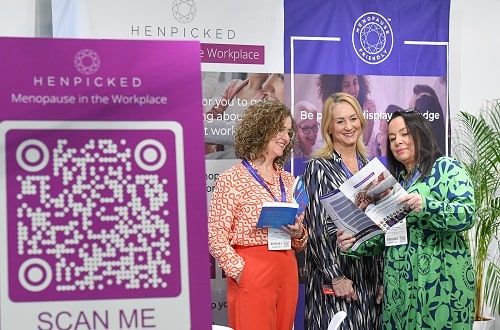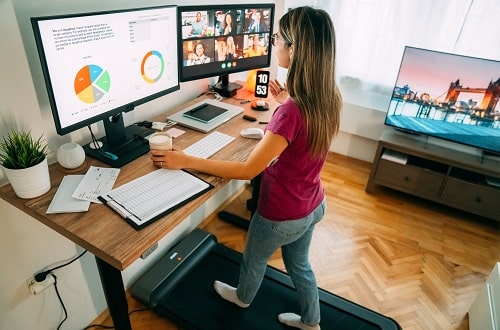As more commuters are encouraged to walk or cycle, and many workers, such as those in teaching, training or childcare shift to outdoor spaces, protection from UV exposure has never been more important.
Features
Stay safe in the sun
Every year in Britain, 1,700 people are diagnosed with skin cancer as a result of occupational sun exposure.
Despite growing awareness of the risks, a study conducted by SC Johnson Professional found that 76 per cent of UK health and safety professionals did not know that one death and five new cases of skin cancer per week in Britain could be attributed to occupational UV exposure.
Our findings showed one in three respondents stated that their organisation did not provide any UV protection to outdoor workers. Lack of provision may be because 40 per cent of these professionals claimed that employees provided their own UV protection.
 Five new cases of skin cancer per week in Britain can be attributed to occupational UV exposure.
Five new cases of skin cancer per week in Britain can be attributed to occupational UV exposure.
This result was despite the Health and Safety at Work Act, which states that every employer has a legal duty to safeguard, as far as is reasonably practical, the health of their employees.
Despite this, in the education sector, for example, less than one in three of employers provided UV protection at all times, and 62 per cent did not provide staff training on best practice.
Further to this, when asked why they felt that a large number of employees did not use UV protection, it was concerning that 30 per cent of respondents said that it was due to a general belief that UV protection at work in the UK is unnecessary.
Last year, it was found that only one in four outdoor worker respondents used protective sun cream while at work, citing it as too much effort. In contrast to this, 72 per cent of respondents claimed that they would use protective sun cream while on holiday.
In terms of training, health and safety professionals recognised the gap in employees’ knowledge yet felt unequipped to address it.
One in two organisations surveyed carried out no UV awareness training, and just 37 per cent believed they themselves had had the correct training to equip them to implement UV protection programmes.
 Hat and neck protection is one of the five things to remember to stay sun safe
Hat and neck protection is one of the five things to remember to stay sun safe
Of those health and safety professionals with a majority of employees working outdoors, one in three did not have enough information to brief workers on the dangers of UV exposure and 41 per cent stated that they wanted clearer regulatory requirements to help them with this.
SC Johnson Professional recommends that training should include a range of resources, such as Toolbox Talks and videos which can illustrate case studies and facts. Those who work outdoors (including those who have newly shifted to outdoor settings), should familiarise themselves with the ‘5 S approach’:
- SLIP on sun protective clothing
- SLOP on sun cream
- SLAP on a hat and neck protection
- SLIDE on some sunglasses
- SHADE from sun where possible.
Close monitoring of the UK UV index should be encouraged too – if the level exceeds three, the sun is strong enough to damage some skin types.
Alan Murray, chief executive officer at the British Safety Industry Federation, commented: “The research carried out by SC Johnson Professional clearly shows that more awareness is needed when it comes to UV protection at work here in the UK – both for health and safety professionals and people that work outside. Employers have a duty of care to provide UV protection to their workforce.”
SC Johnson Professional products and training here
FEATURES

Watercooler Event to hone in on eight trends in employee health and wellbeing
By Claire Farrow, Make a Difference Events & Media on 15 April 2024
The free-to-attend Water Cooler Event at ExCeL London on 23–24 April will see more than 6,000 workplace experts coming together to explore the latest thinking, solutions and best practice for supporting and boosting employee wellbeing, diversity and workplace culture.

Sedentary working and how to combat the ‘sitting disease’
By Gavin Bradley, Active Working on 05 April 2024
Prolonged and excessive sitting poses a major risk to our health, but the Get Britain Standing campaign and On Your Feet Britain Day on 25 April are a great way of encouraging workers to sit less and move more.

Company culture and wellbeing: a crucial link
By Bex Moorhouse, Invigorate Spaces on 05 April 2024
Investing in measures to support worker wellbeing will be ineffective unless the company culture genuinely incorporates values like teamwork, involvement, flexibility and innovation.



